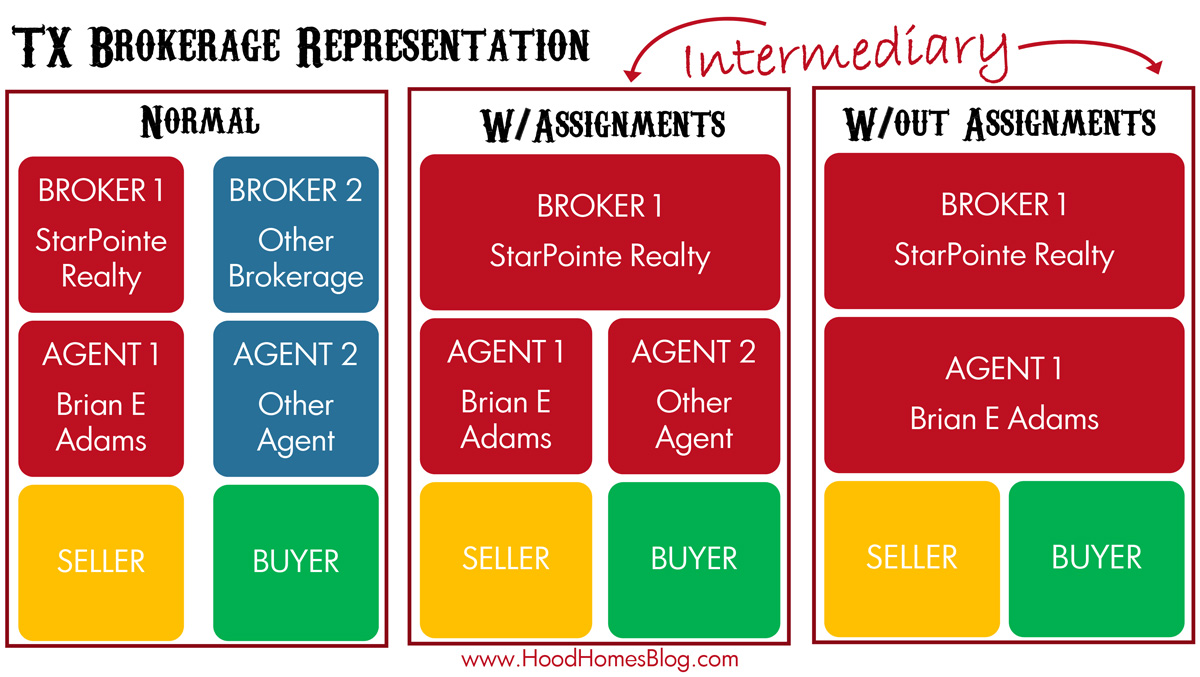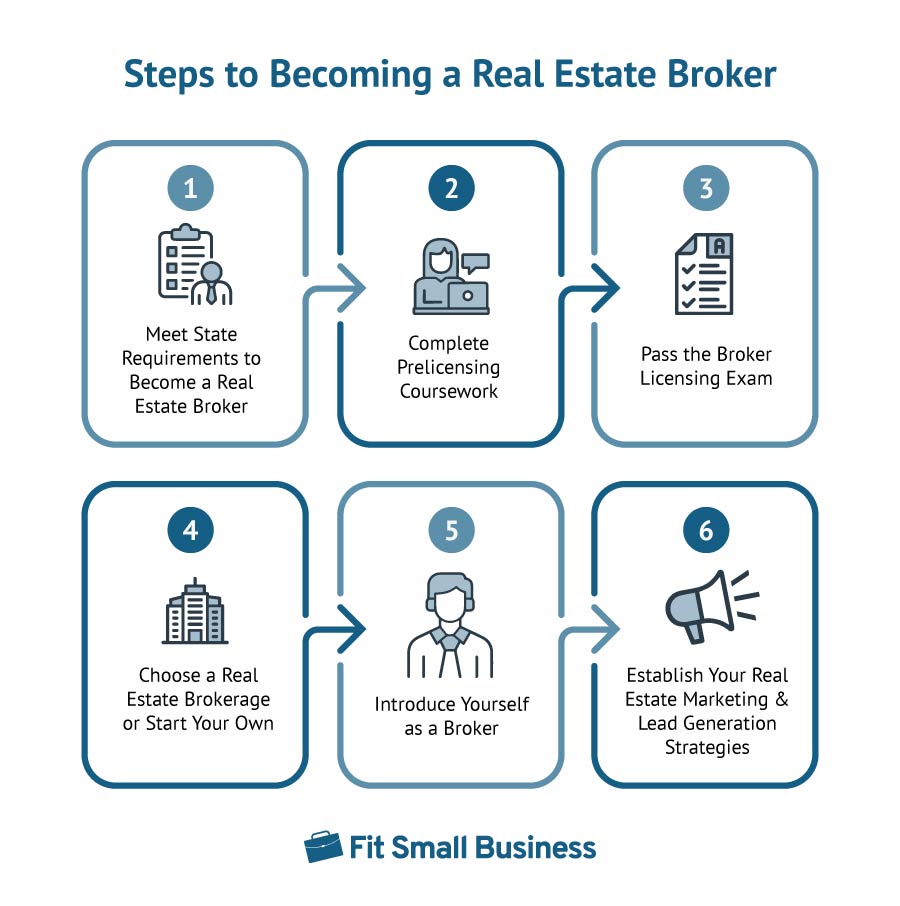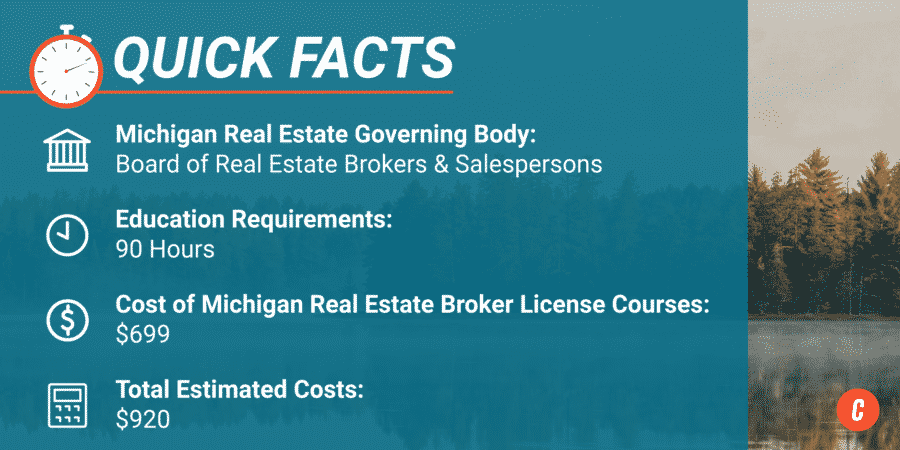
It is important to learn about the company before buying a REIT. Find out more about the company and how it compares against other competitors. This will help you determine if the company will pay out good dividends. Also, be aware of the possible risks when you buy REITs.
Tip to purchase REITs
If you are considering investing in REITs, it is important to consider the quality of the company and its earnings before making a decision. The earnings of the company include the funds it earns from the operation and any cash that is available for dividends. You should also look at the fees associated with the investment. Diversification is another important consideration. Some REITs are heavily invested in a certain type of property, which can increase the risk of a loss. Diversifying your portfolio and investing in more than one REIT can help reduce risk.
A brokerage account is one of the best ways you can invest in REITs. It takes only a few minutes to set up a brokerage account that allows you buy and sell publicly traded REITs. These investments often pay high dividends. Some REITs allow you to hold your funds in tax-favored accounts, meaning you won’t pay taxes on the distributions.
Dividends are subjected tax
When buying REITs, investors must be aware of tax implications for dividends. REITs' dividends may also include capital gains. Capital gains occur when a company sells real property assets. The amount you pay in tax will depend on whether you qualify for tax concessions. The investor's marginal rate of tax will determine whether the dividend is eligible for special tax concessions.

An investor can avoid taxes by purchasing REITs that don't require close ownership. Avoid REITs without a five year dividend history. Generally, REITs cannot be held by more than 50% of individuals. The Tax Cuts and Jobs Act provides 20% deduction for income passed through.
Liquidity
Liquidity is an important consideration for REITs. It can help them resist unexpected changes to the asset's value. REITs have the ability to increase their value by giving a portion of their earnings back to investors. REITs took advantage lower interest rates in recent times to increase their cash balances, and improve their liquidity. However, REITs should not be treated as a safe investment - volatility is an inherent part of the business.
REITs can also provide liquidity as shares are available for purchase and sale on the stock market. Investors can access liquidity to make necessary changes to their investment strategies, or to access cash. Additionally, investors might find REITs attractive as real estate has no correlation.
There are risks involved in investing in REITs
While REITs offer steady income in form of dividends and can be a good investment, they do have risks. This is because REITs can lose value and are traded in the same way as stocks. REIT stocks can be risky investments. However, they have to compete with other high yield investment options.
Another important risk is interest rate risk. Rising interest rates will cause REITs to have higher costs of borrowing, which can impact their cash flows. These risks are mitigated by the solid balance sheets that REITs often have. Managers of these companies will try to maintain a healthy degree of leverage. Investors need to pay attention to this.

When to Buy
It is important to assess your financial situation before you make a decision to invest in REITs. Also, understand the tax implications for investing in REITs. REITs are not the best investment option for those who want to maximize their tax advantage because they generate most of their income through dividend income.
Uncertainty around the expiration date for master leases is a big problem for REITs. This uncertainty drives many investors to sell. This has caused their fundamentals to suffer. Despite the uncertainty, many investors don't realize that short-term issues have very little impact on long term prospects.
FAQ
How can I calculate my interest rate
Interest rates change daily based on market conditions. The average interest rate over the past week was 4.39%. Divide the length of your loan by the interest rates to calculate your interest rate. If you finance $200,000 for 20 years at 5% annually, your interest rate would be 0.05 x 20 1.1%. This equals ten basis point.
What are the pros and cons of a fixed-rate loan?
Fixed-rate mortgages lock you in to the same interest rate for the entire term of your loan. This means that you won't have to worry about rising rates. Fixed-rate loans have lower monthly payments, because they are locked in for a specific term.
Can I get another mortgage?
However, it is advisable to seek professional advice before deciding whether to get one. A second mortgage is typically used to consolidate existing debts or to fund home improvements.
Should I buy or rent a condo in the city?
Renting may be a better option if you only plan to stay in your condo a few months. Renting will allow you to avoid the monthly maintenance fees and other charges. You can also buy a condo to own the unit. You can use the space as you see fit.
What is the maximum number of times I can refinance my mortgage?
This will depend on whether you are refinancing through another lender or a mortgage broker. You can typically refinance once every five year in either case.
Statistics
- It's possible to get approved for an FHA loan with a credit score as low as 580 and a down payment of 3.5% or a credit score as low as 500 and a 10% down payment.5 Specialty mortgage loans are loans that don't fit into the conventional or FHA loan categories. (investopedia.com)
- Based on your credit scores and other financial details, your lender offers you a 3.5% interest rate on loan. (investopedia.com)
- The FHA sets its desirable debt-to-income ratio at 43%. (fortunebuilders.com)
- Private mortgage insurance may be required for conventional loans when the borrower puts less than 20% down.4 FHA loans are mortgage loans issued by private lenders and backed by the federal government. (investopedia.com)
- This seems to be a more popular trend as the U.S. Census Bureau reports the homeownership rate was around 65% last year. (fortunebuilders.com)
External Links
How To
How to Manage a Rent Property
It can be a great way for you to make extra income, but there are many things to consider before you rent your house. These tips will help you manage your rental property and show you the things to consider before renting your home.
This is the place to start if you are thinking about renting out your home.
-
What factors should I first consider? Take a look at your financial situation before you decide whether you want to rent your house. If you are in debt, such as mortgage or credit card payments, it may be difficult to pay another person to live in your home while on vacation. Check your budget. If your monthly expenses are not covered by your rent, utilities and insurance, it is a sign that you need to reevaluate your finances. You might find it not worth it.
-
How much is it to rent my home? It is possible to charge a higher price for renting your house if you consider many factors. These factors include location, size, condition, features, season, and so forth. It's important to remember that prices vary depending on where you live, so don't expect to get the same rate everywhere. The average market price for renting a one-bedroom flat in London is PS1,400 per month, according to Rightmove. This would translate into a total of PS2,800 per calendar year if you rented your entire home. Although this is quite a high income, you can probably make a lot more if you rent out a smaller portion of your home.
-
Is it worthwhile? You should always take risks when doing something new. But, if it increases your income, why not try it? Make sure that you fully understand the terms of any contract before you sign it. It's not enough to be able to spend more time with your loved ones. You'll need to manage maintenance costs, repair and clean up the house. These are important issues to consider before you sign up.
-
What are the benefits? Now that you have an idea of the cost to rent your home, and are confident it is worth it, it is time to consider the benefits. There are plenty of reasons to rent out your home: you could use the money to pay off debt, invest in a holiday, save for a rainy day, or simply enjoy having a break from your everyday life. It is more relaxing than working every hour of the day. If you plan well, renting could become a full-time occupation.
-
How can I find tenants? Once you've made the decision that you want your property to be rented out, you must advertise it correctly. You can start by listing your property online on websites such as Rightmove and Zoopla. After potential tenants have contacted you, arrange an interview. This will help you evaluate their suitability as well as ensure that they are financially secure enough to live in your home.
-
What are the best ways to ensure that I am protected? You should make sure your home is fully insured against theft, fire, and damage. You will need to insure the home through your landlord, or directly with an insurer. Your landlord will usually require you to add them as additional insured, which means they'll cover damages caused to your property when you're present. If you are not registered with UK insurers or if your landlord lives abroad, however, this does not apply. In these cases, you'll need an international insurer to register.
-
You might feel like you can't afford to spend all day looking for tenants, especially if you work outside the home. You must put your best foot forward when advertising property. Post ads online and create a professional-looking site. Additionally, you'll need to fill out an application and provide references. While some people prefer to handle everything themselves, others hire agents who can take care of most of the legwork. It doesn't matter what you do, you will need to be ready for questions during interviews.
-
What should I do after I have found my tenant? If you have a lease in place, you'll need to inform your tenant of changes, such as moving dates. If you don't have a lease, you can negotiate length of stay, deposit, or other details. You should remember that although you may be paid after the tenancy ends, you still need money for utilities.
-
How do I collect my rent? When the time comes to collect the rent, you'll need to check whether your tenant has paid up. If they haven't, remind them. Before you send them a final invoice, you can deduct any outstanding rent payments. You can always call the police to help you locate your tenant if you have difficulty getting in touch with them. If there is a breach of contract they won't usually evict the tenant, but they can issue an arrest warrant.
-
How do I avoid problems? You can rent your home out for a good income, but you need to ensure that you are safe. Install smoke alarms, carbon monoxide detectors, and security cameras. Make sure your neighbors have given you permission to leave your property unlocked overnight and that you have enough insurance. You must also make sure that strangers are not allowed to enter your house, even when they claim they're moving in the next door.